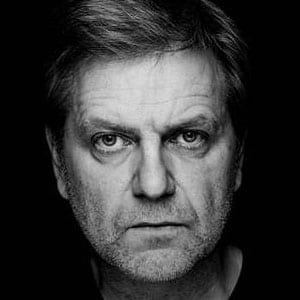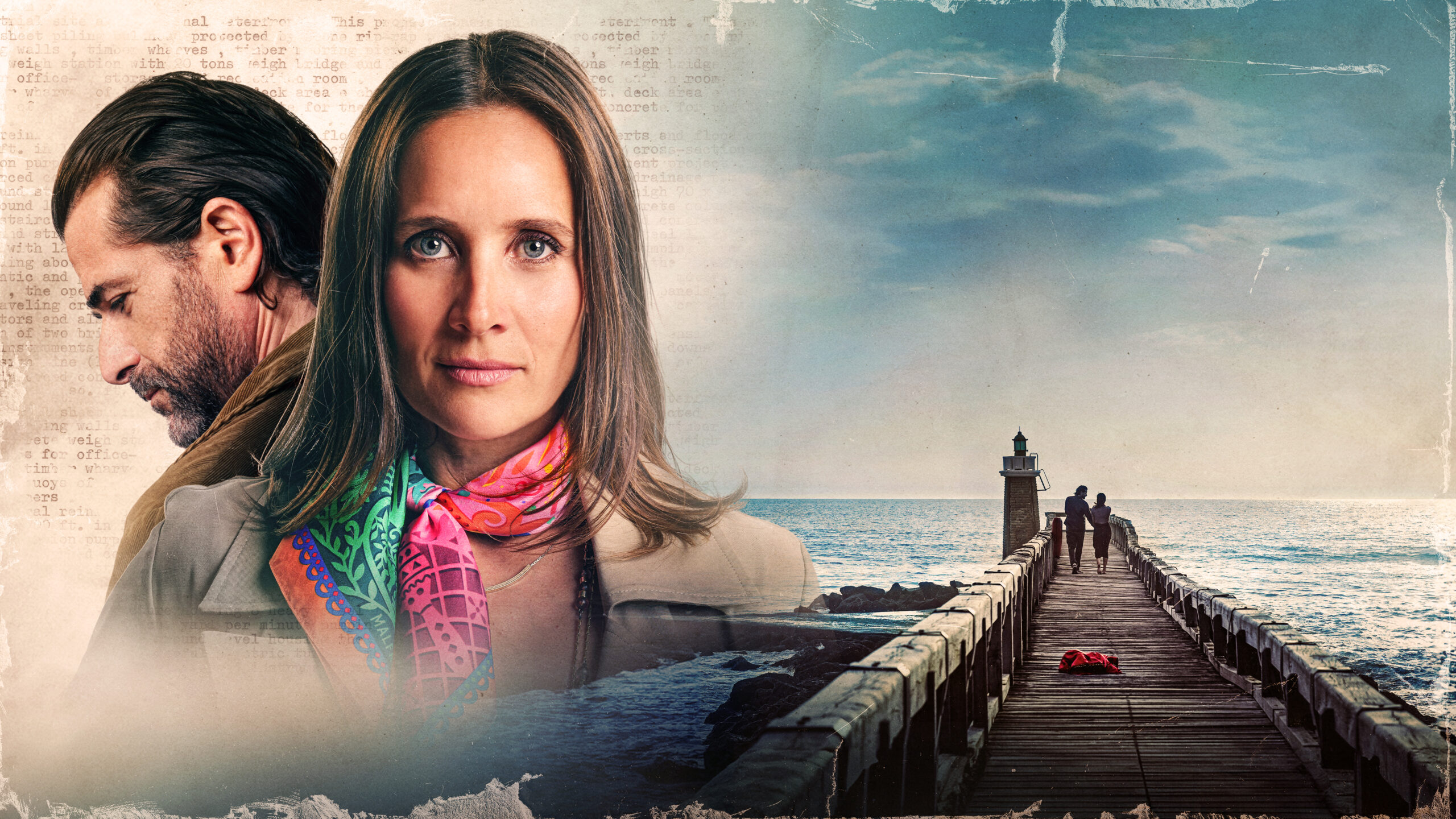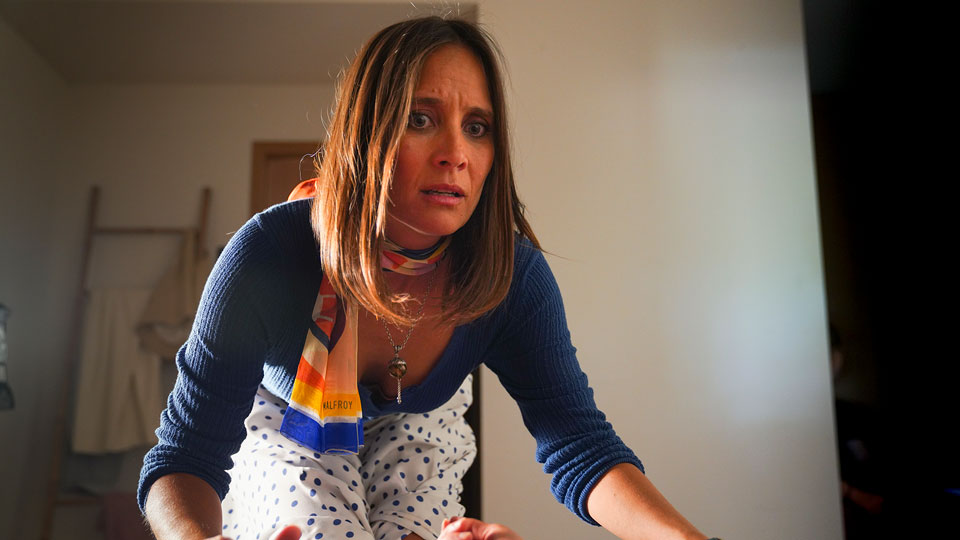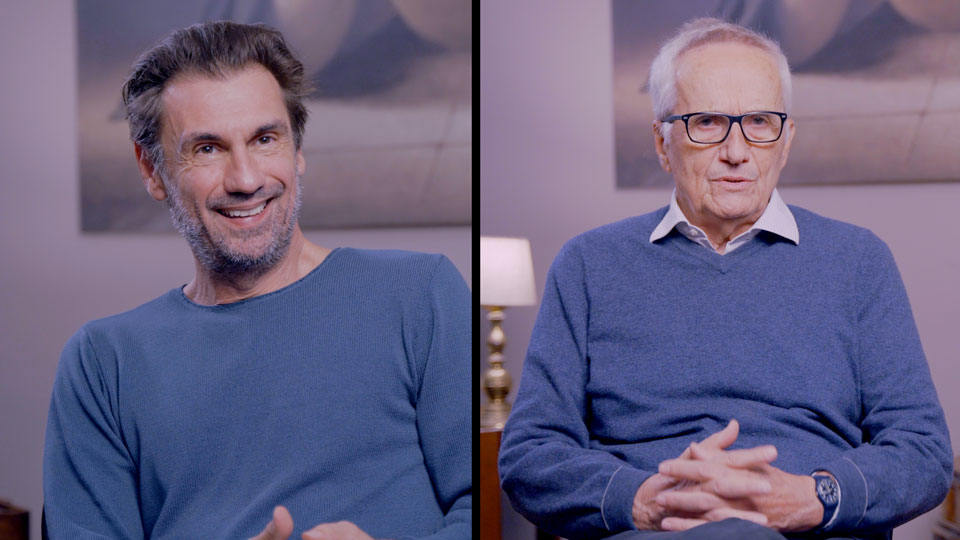This series is not currently available on MHz Choice.
1864 director Ole Bornedal is one of the most acclaimed of the Danish “New Wave” directors who achieved prominence in the 1990s. His breakout film was the stylish 1994 thriller Nattevagten (Night Watch), which introduced a very young Kim Bodnia (The Bridge). His first English language picture was the remake Nightwatch (1997) starring Ewan McGregor, and his most recent was the 2012 horror hit The Possession.
His other films include the expansive historical epic I Am Dina (2002), a stylistic precursor of sorts to 1864, and the Danish thriller Just Another Love Story (2007), which stars Beck actress Rebecka Hemse. Bornedal recently announced that his next film will be a sequel to the original Nattevagten – reuniting him with his old colleague Kim Bodnia!
In this 2014 interview, Bornedal talks about the genesis of 1864, the challenges of setting up Danish TV’s biggest-ever production, and what the legacy of the war of 1864 means to the Danish people today.
1864 is the first Danish epic drama series of this size. Why?
OB: Epic dramas are extremely rare in Scandinavia where the high production costs make it very difficult to explore historical themes. Even though recent Scandinavian TV series have marketed themselves successfully on the international scene as some of the most interesting and probing psychological dramas, budgets are still very limited. In fact, it is only with the aid of government funding that this production was made possible – a funding process I found very challenging.
Why tell a story about the war of 1864?
OB: As individuals we are all built on the history of our nations – our genes inherited from our parents and their parents before them – the ones who cultivated the soil and fought not just the daily battles of survival, but the real wars as well. We tend to forget in the global consumer society that the issues at hand are always the next issues and not the ones we left behind. We live for the future and not the past – even if the past is the absolute definition of what we are and why. There is no such thing as a ‘Scandinavian war film’ for quite obvious reasons. Historically, the big wars meant either neutrality for our country or, at most, stories of small resistance groups fighting Nazis.
What does 1864 mean for the Danes of today?
OB: 1864 was the last “great war”, a punishing conflict that relegated Denmark to the tiny nation it is today. A nation that over the centuries developed from being the ultimate power in northern Europe, to end up being humiliated and more or less disgraced in the eyes of European politics. In a meaningless war built on a thin layer of euphoric nationalism, its outcome, more or less, defines contemporary Denmark and the Danes. The tragic loss and ultimate humiliation became a turning point for the nation, moving from an outward- looking perspective, defining itself as an influential nation in Europe, to one of looking inwards, defining itself and its qualities as a people – for better or worse – as one family. What is known today as the “Danish welfare model” – the nation taking care of all of its citizens – has its offspring from that new momentum and self-definition. Thus, as in many of life’s instances, the chaos, conflict and suffering of wartime generated a new creative soil to grow in.
What is the story?
OB: 1864 has many characters and consists of many tales. But foremost we follow two brothers, Laust and Peter, and their relationship with Inge, a quite extraordinary woman for the times – a modern woman, intelligent and beautiful and fighting for her rights. A relationship rooted in childhood, as they grow up together, it gets both stronger and problematic as both Laust and Peter fall in love with her. The brothers are simple peasants, and quite unlike the spoiled and tormented Baron’s son, Didrich, who is also in love with Inge. During this time the national liberals in Copenhagen, led by Hall, Lundbye and especially Monrad, are talking about expanding the nation, creating one large Kingdom and annexing the county of Slesvig to make this happen. This, despite all treaties stating it would be against international law and result in provoking the German state to no end. But Denmark is euphoric, self-confident and strong, a nation freshened by new winds, new ideas and a new constitution. However, across the border, there is Prussia and Bismarck. It’s a classic story about power and the abuse of power and of people getting separated.
What is your relationship to the story?
OB: The battle at Dybbøl Mill has always held my interest. I am knowledgeable as to the historical relationships behind the battle and the personalities that were an influential part of it. But if it is romance, war or drama, if it’s poetic, factual, intimate, expressive or brutal, I’ll leave that up to the film gods. The closest one can come to an answer is this: that 1864 encompassed it all. I have seldom had a story in my hands that was so open for the telling of such deep, universal stories. And the more I investigated it, the more attracted I was, as it was so generous. Throughout many years I have thought of these pictures: A thundering heaven with fear-stricken Danish soldiers underneath it, and then the Prussians attack and within a few hellish hours father and son are extinguished in a savage storm of violence that was to be forever engrained in the Danish national consciousness. And strangely enough, ultimately forgotten. I always thought that there must be one big story in this for all of us. A history of people caught in a mad and fatal reality, and this story I am very happy to be able to tell.
Does 1864 depict the actual history of the war?
OB: As with all historical film or TV productions, artistic liberties need to be taken within the historical context. Some characters we make too much of, others, much too little. These choices are made to enable the proper function of a dramatic correctness within our story as opposed to a historical correctness. For example, Heiberg is overdone as a dramatic figure, but the point is that as a cultural figure she most likely, via detours, played a large and inspirational role in the war, just as Grundtvig did. It is historically correct that the cultural elite supported this war, and that is what we have described. But how we do it has been influenced by our artistic freedom.





